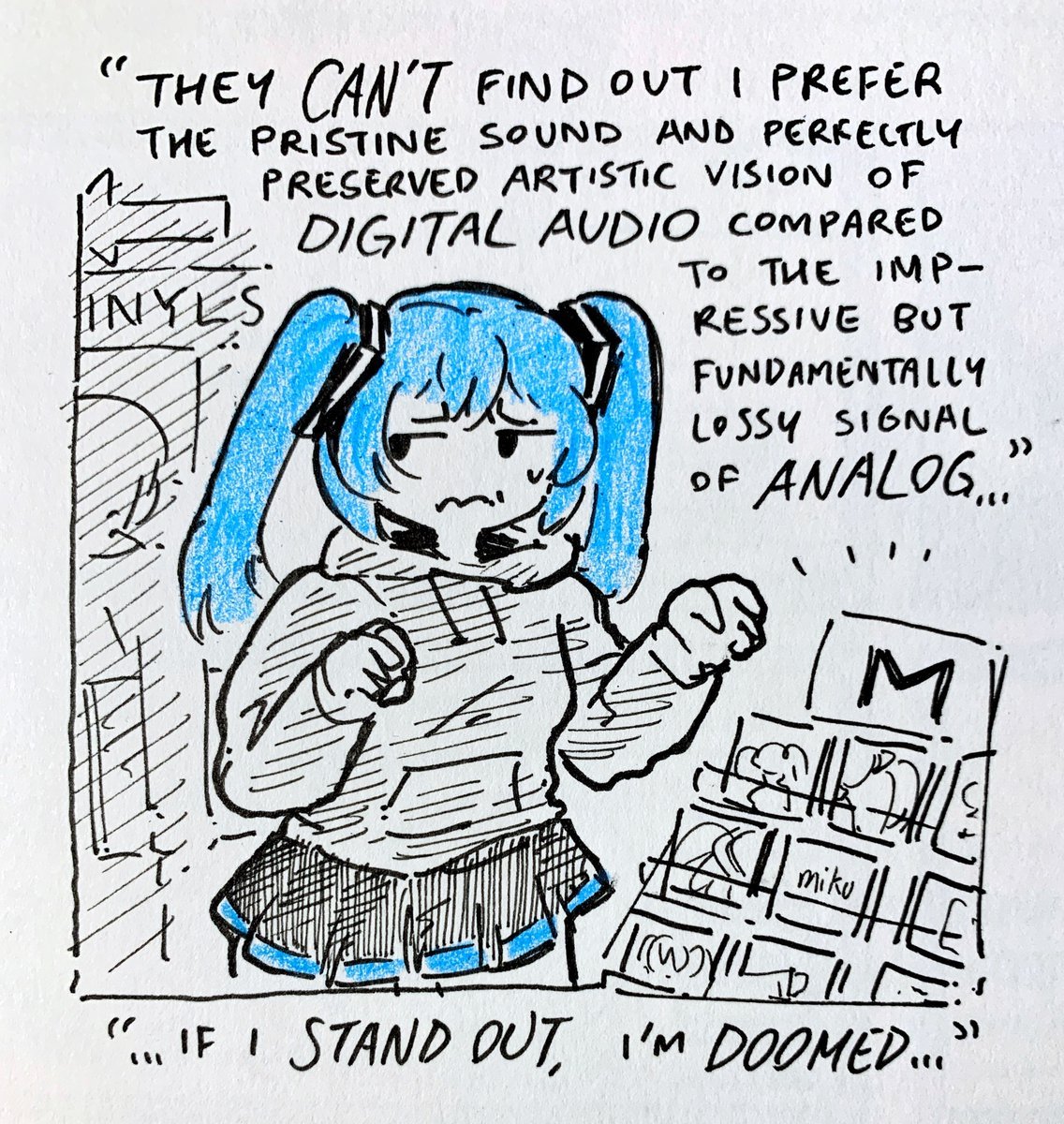this post was submitted on 15 Jul 2024
696 points (99.2% liked)
196
16842 readers
2068 users here now
Be sure to follow the rule before you head out.
Rule: You must post before you leave.
founded 2 years ago
MODERATORS
you are viewing a single comment's thread
view the rest of the comments
view the rest of the comments

What makes you think we are perfectly copying the knowledge contained in texts from thousands of years ago? That is... a bold claim. Even if I were to accept that text is always inherently digital for the sake of argument, the storage medium is absolutely analog. You can use analog storage to store digital data just as much as you can use digital storage to store analog data like sound waves.
One example: https://en.wikipedia.org/wiki/Iliad?wprov=sfla1
Yes, you'll make the argument that the available versions of it are not perfect representations, though that is only because the language and dialect used to produce the work had been lost, the work otherwise remains intact.
Text is a digital format because you have a limited set of characters to represent sounds/syllables. For example: the meaning of the letter 'B' doesn't change if a small piece of the letter is missing or if the letter is slightly tilted, it's still a 'B'. If the format was analog, those changes would also change the sound/meaning of the word.
Okay, it's not really the point I'm trying to make here, but since you bring it up, actually it does matter that we lose the ability to decipher the meaning of digital storage. That is a problem that has only gotten worse.
More importantly, there is meaning in handwriting. We can learn things from how different people wrote the same thing. And people do try to convey subtleties of meaning through drawing the same letter in different ways, and of course, most importantly, you completely ignored the actual point I was trying to make, that even if we ignore that and assume every B is always the same we aren't talking about content. We are talking about storage media. Smearing ink on paper isn't a digital process even if you're literally just writing 1s and 0s. There have been digital ways of storing information for as long as there have been analog ones. Things like beads or knots in ropes. The reason you never hear about them isn't because they didn't exist. It's because all the information they contain has decayed to nonsense. Digital is very binary that way. It's perfectly retrievable until it's perfectly gone. We have a lot of techniques now to help extend that useful life, but they still all require active maintenance, and most digital storage media has an average lifespan in single digit years. Even for digital information, the oldest stuff we still have around was stored in analog ways.